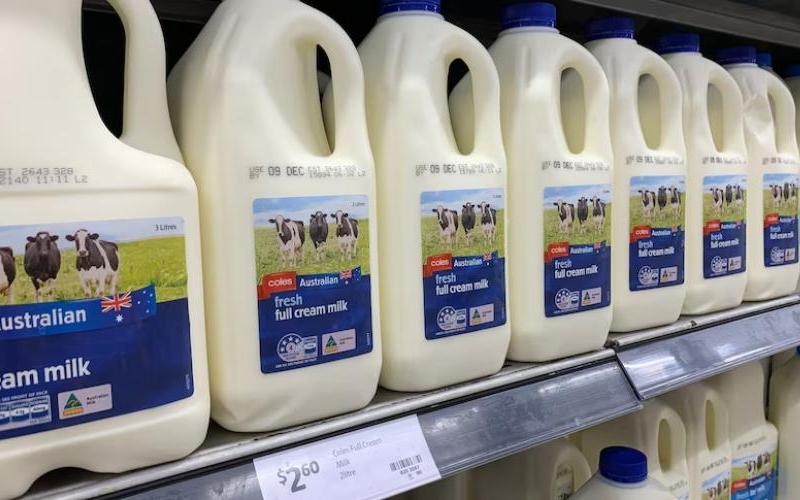Supermarkets Urged to Pass on Milk Price Increase
Sourse: en.edairynews.com
The Australian dairy industry is urging supermarkets to transmit a milk price increase to farmers, emphasizing the necessity of fair returns and sustainability.

In a significant move for Australian agribusiness, the leading body representing dairy farmers has made a strong appeal to supermarkets to pass along a recent 10-cent per liter increase in milk prices to farmers. This request comes amidst mounting financial pressures on dairy producers, exacerbated by rising input costs, droughts, and floods. The industry insists that this seemingly small increase is essential for maintaining the sustainability of an economically strained sector and ensuring the long-term viability of farms. The call to action follows recent price hikes by major retailers, Coles and Woolworths, where the cost of two liters of store-brand milk increased from $3 to $3.20.
The Australian Dairy Farmers organization hopes this additional revenue will be relayed back to farmers. Ben Bennett, the organization's president, stressed the necessity of this measure to counteract prolonged financial imbalances driven by supermarket discounting. This issue highlights the complex dynamics of dairy economics within Australia, a market dominated by a few large retailers. As many producers currently incur production costs exceeding their compensation, even a modest price rise is seen as a crucial economic relief. The plea emphasizes how vital a fair pricing system is to the survival of dairy farmers amid escalating input costs. Ultimately, this movement will test the equity and sustainability of the Australian dairy supply chain. It presents a global case study on the interplay between farm-gate and retail prices, setting a precedent for international markets. The hope remains that supermarkets and processors will cooperate to safeguard an industry central to Australian agriculture and food economy.
The Australian Dairy Farmers organization hopes this additional revenue will be relayed back to farmers. Ben Bennett, the organization's president, stressed the necessity of this measure to counteract prolonged financial imbalances driven by supermarket discounting. This issue highlights the complex dynamics of dairy economics within Australia, a market dominated by a few large retailers. As many producers currently incur production costs exceeding their compensation, even a modest price rise is seen as a crucial economic relief. The plea emphasizes how vital a fair pricing system is to the survival of dairy farmers amid escalating input costs. Ultimately, this movement will test the equity and sustainability of the Australian dairy supply chain. It presents a global case study on the interplay between farm-gate and retail prices, setting a precedent for international markets. The hope remains that supermarkets and processors will cooperate to safeguard an industry central to Australian agriculture and food economy.
Key News of the Week









